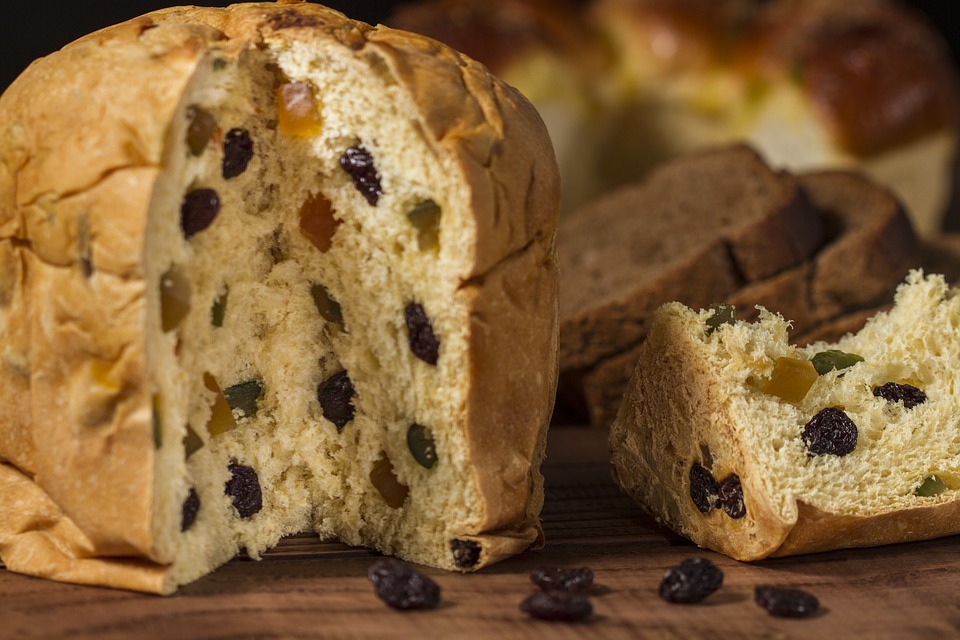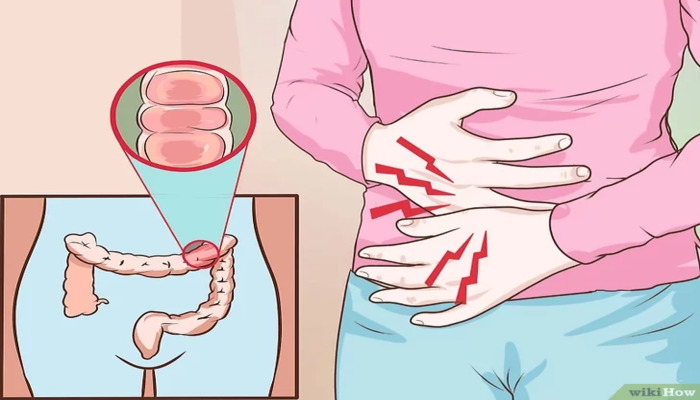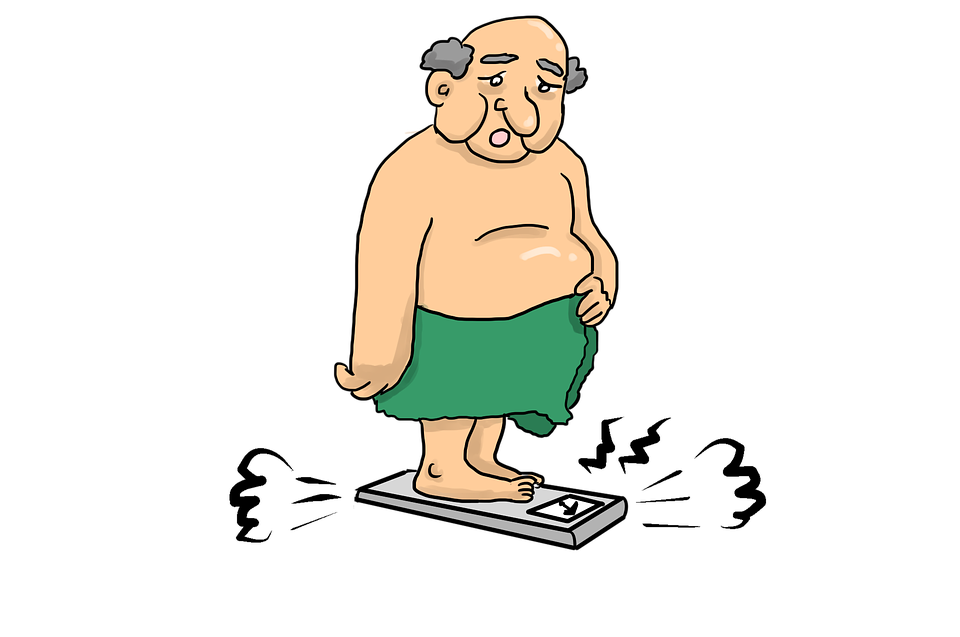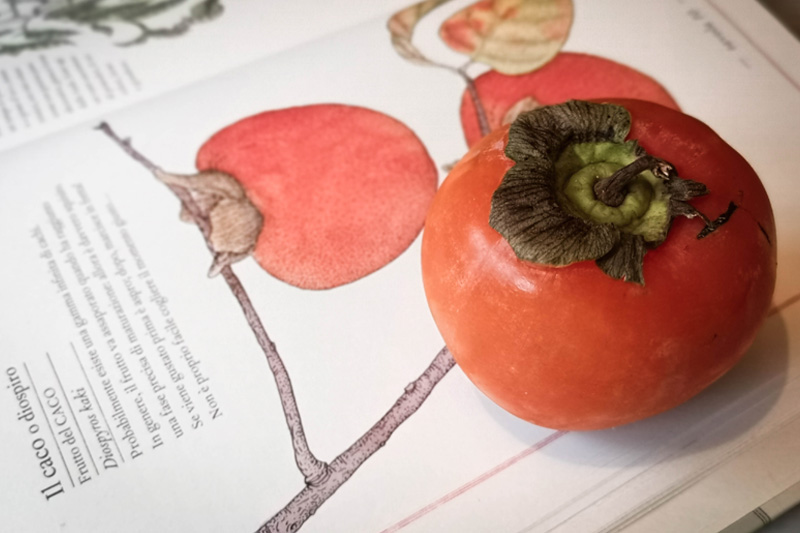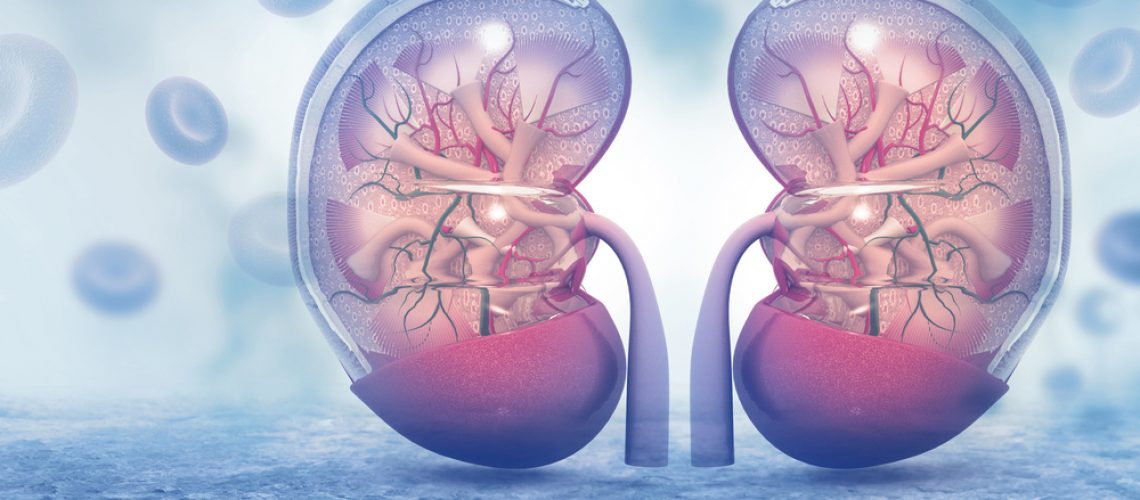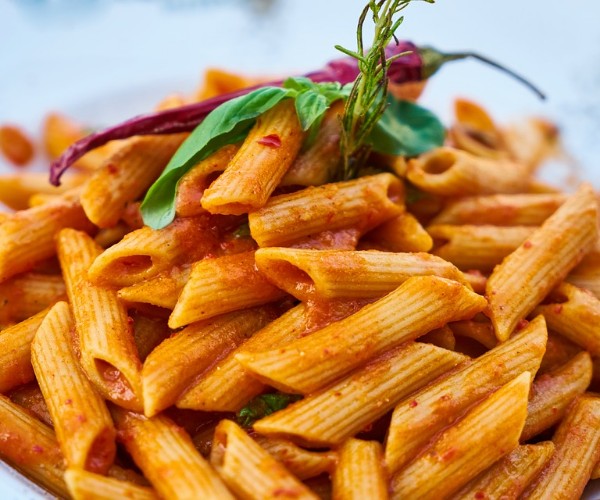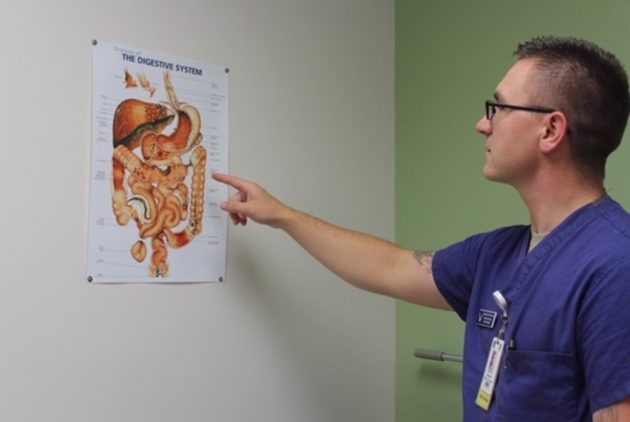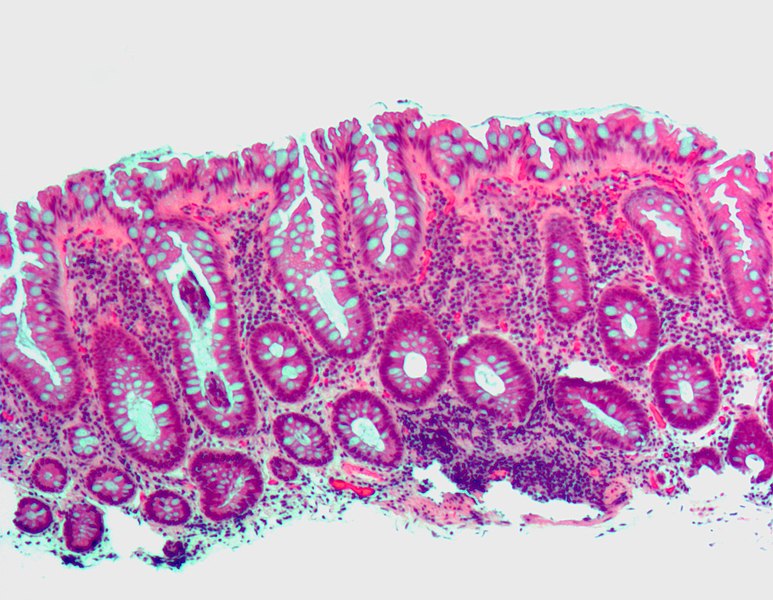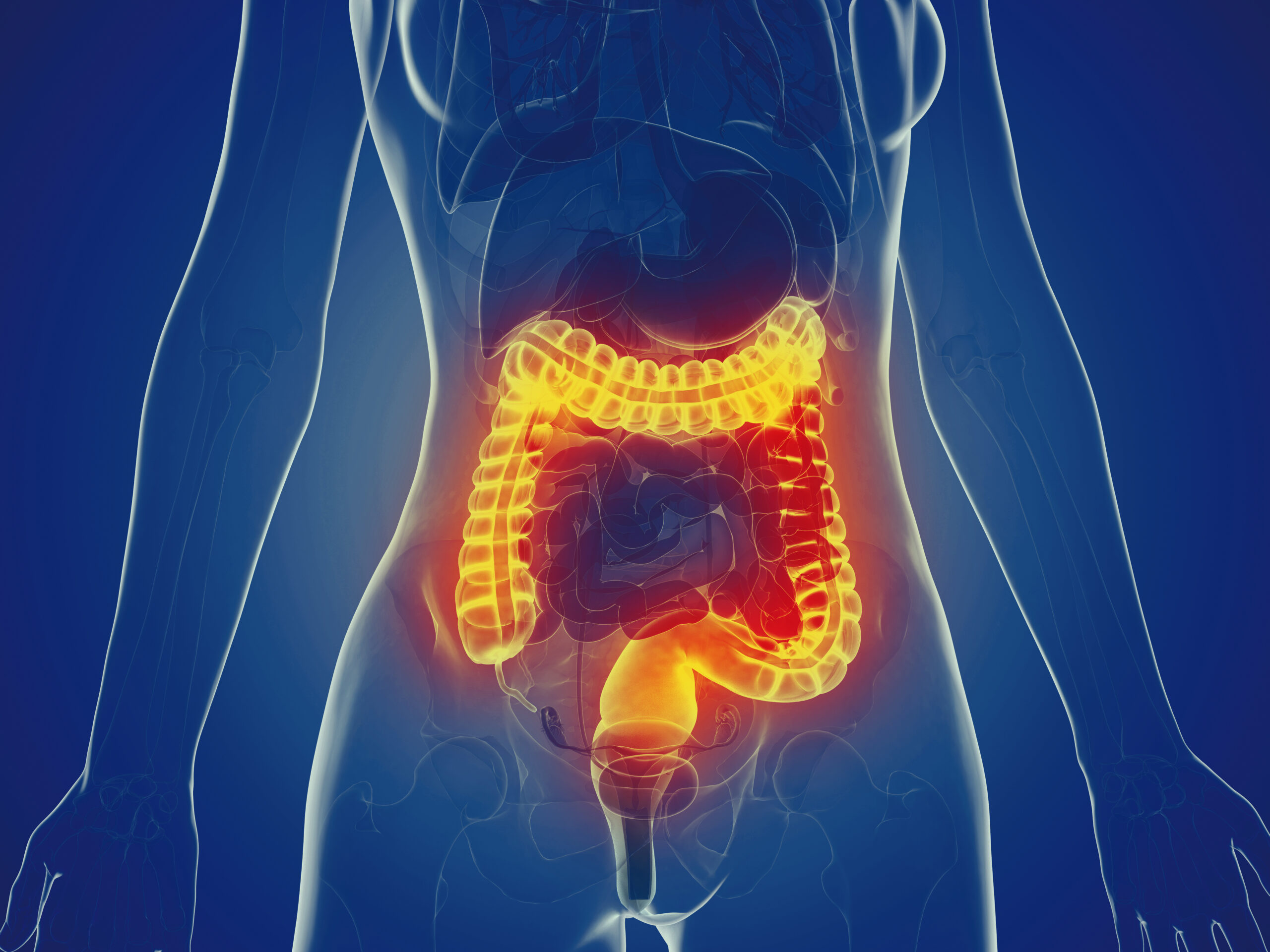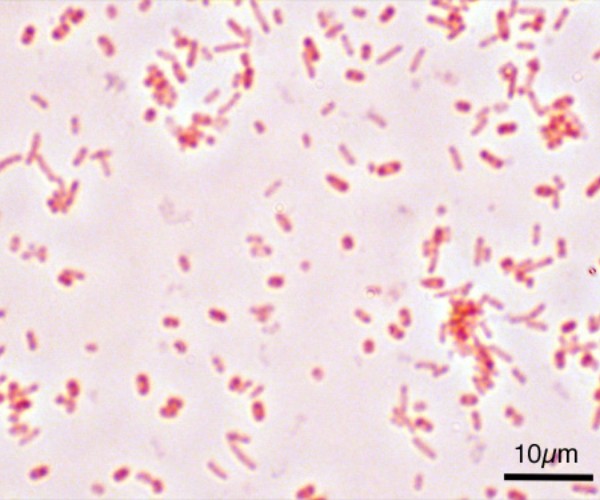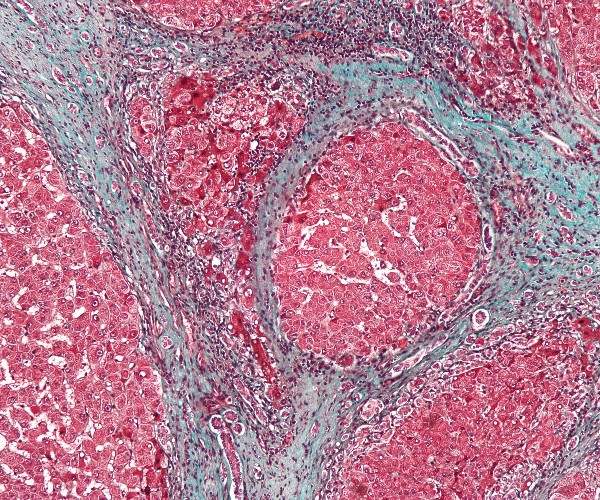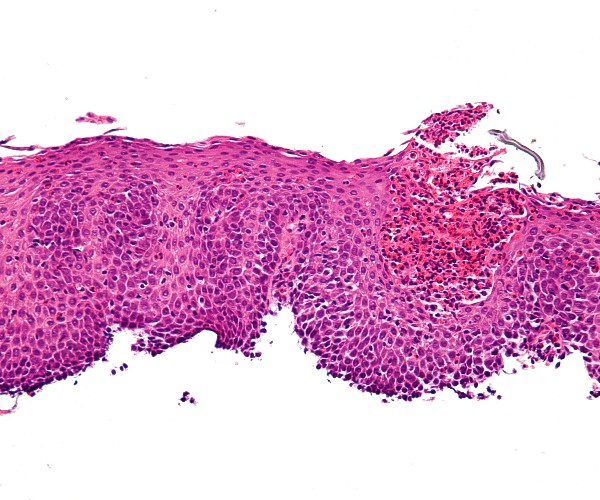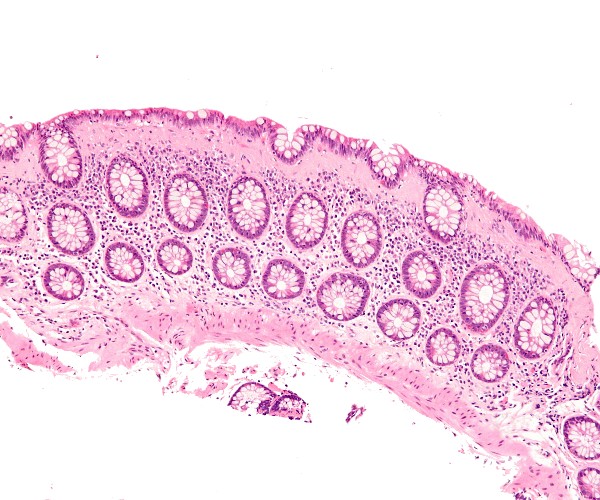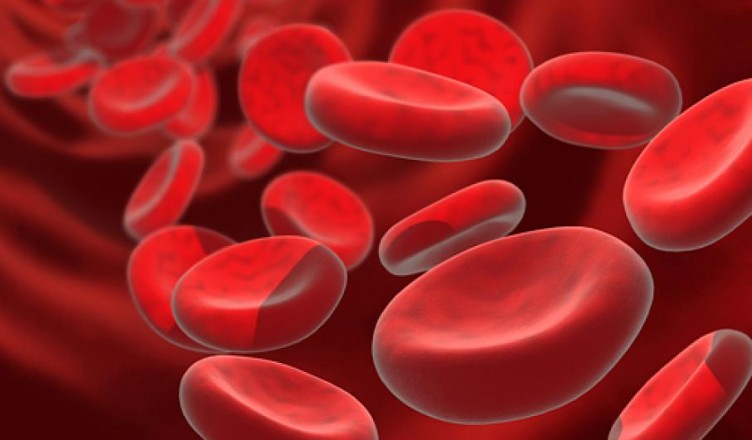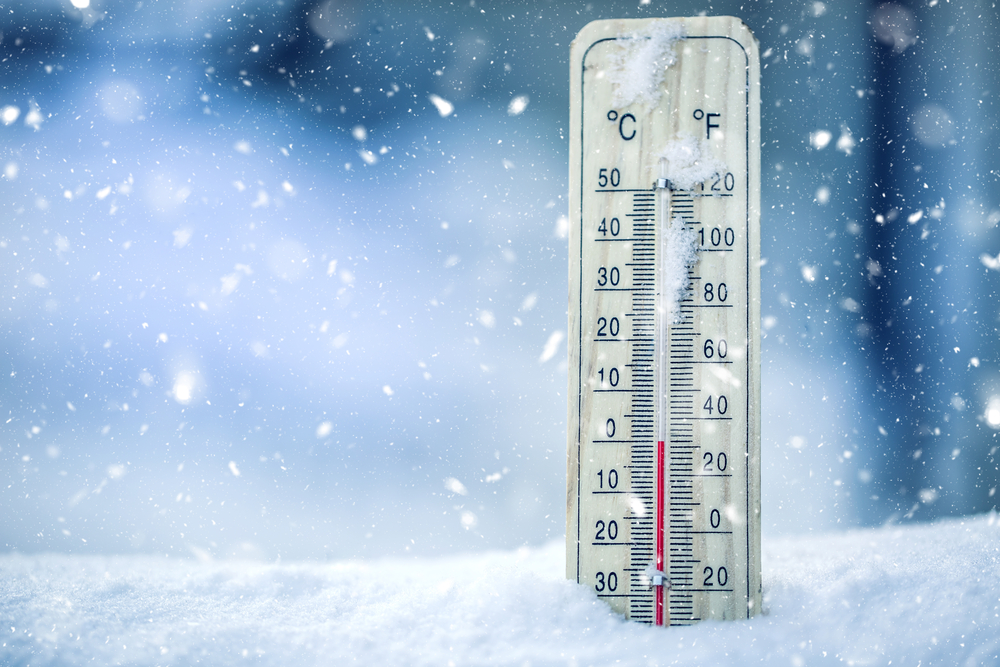When we talk about chronic renal failure , we refer to the progressive decline in glomerular function, with reduced filtering capacity of the kidney. The diseases that promote the occurrence of CRI are hypertension, diabetes, and obesity. Continuous monitoring of blood crasis, protein and hydroelectrolyte balance, and acid-base and metabolic balance is necessary. In patients with CRI, especially in the more advanced stages, gastrointestinal symptoms are often present, which may result in anorexia, vomiting, and nausea. Some important aspects of dietary therapy are restriction of protein intake, adequate energy intake, and control of the hydro-electrolyte balance.
Diet therapy
Dietary intervention plays a key role in the conservative treatment of chronic renal failure. It has the function of:
- Check urea levels
- Check blood levels of phosphorus and parathormone
- Control the acid-base balance
- Control cardiovascular risk factors
- Maintaining an adequate nutritional status
- Slowing the progression of chronic renal failure to terminal uremia
The hypoprotein diet aims to control progression and metabolic complications and varies according to the grade of CDI.
In mild CRI, nutrition should be directed toward controlling hypertension. In moderate CRI, dietary therapy should be aimed at reducing protein intake to0.8- 0.6 g/kg body weight. Finally, in severe CRI, the diet should be aimed at reducing to 0.6 g/kg of ideal body weight.
Source: Handbook of Dietetics and Clinical Nutrition by Franco Contaldo et al.




